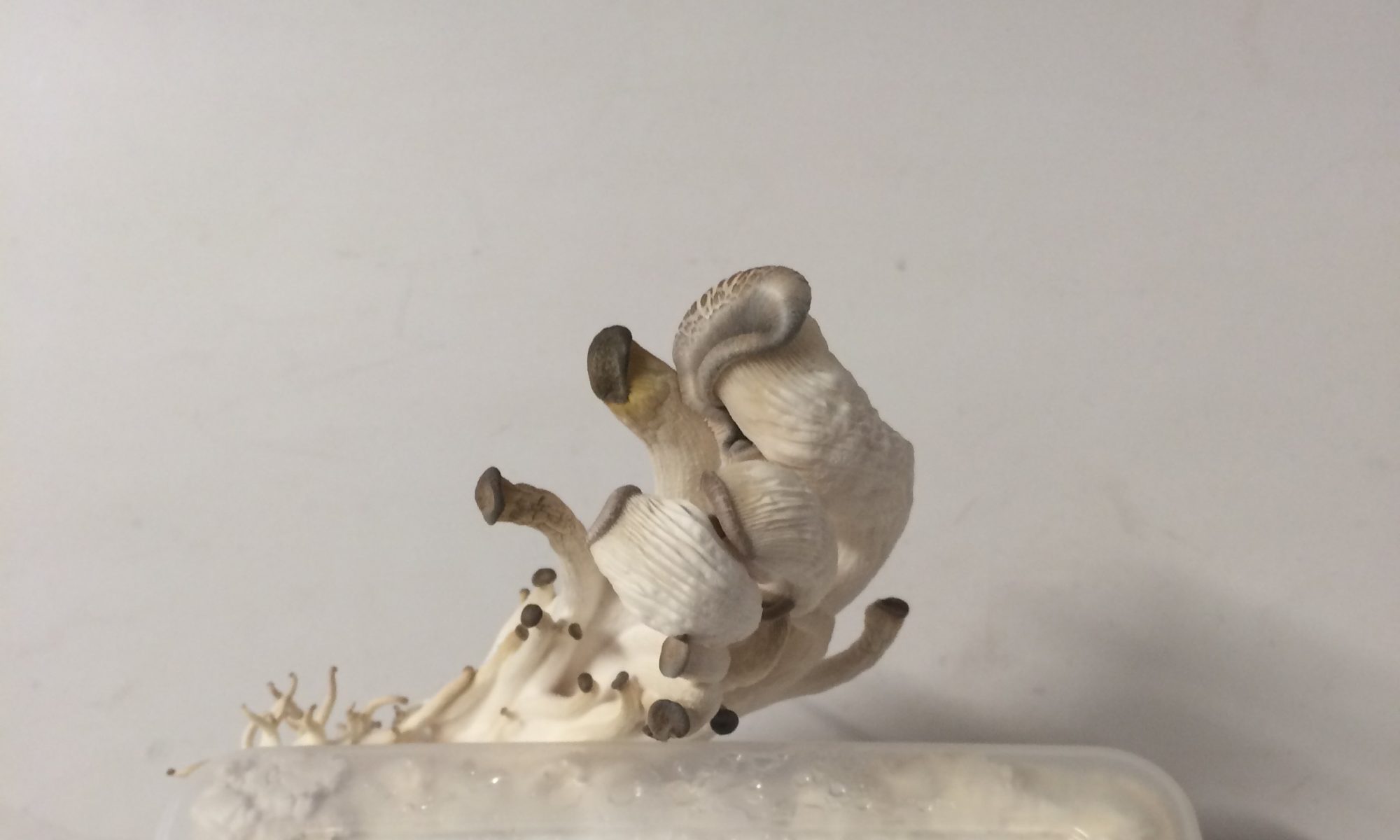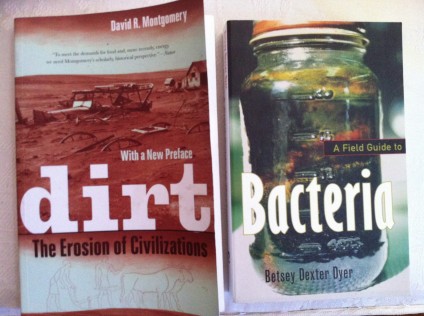“Blogs and social media have allowed us to talk to ourselves (but not to reach out beyond the left bubbles); they have also generated pathological behaviours and forms of subjectivity which not only generate misery and anger – they waste time and energy, our most crucial resources. Email and handhelds, meanwhile, have produced new forms of isolation and loneliness: the fact that we can receive communications from work anywhere and anytime means we are exposed to work’s order-words when we are alone, without the possibility of support from fellow workers.
In sum, the obsession with the web, its monopolisation of any idea of the new, has served capitalist realism rather than undermined it. Which does not mean, naturally, that we should abandon the web, only that we should find out how to develop a more instrumental relationship with it. Put simply, we should use it – as a means of dissemination, communication and distribution – but not live inside it. The problem is that this goes against the tendencies of handhelds. We all recognise the by now cliched image of a train carriage full of people pecking at their tiny screens, but have we really registered how miserable this really is, and how much it suits capital for these pockets of socialisation to be closed down?”
| — | Abandon hope (summer is coming) | k-punk |


